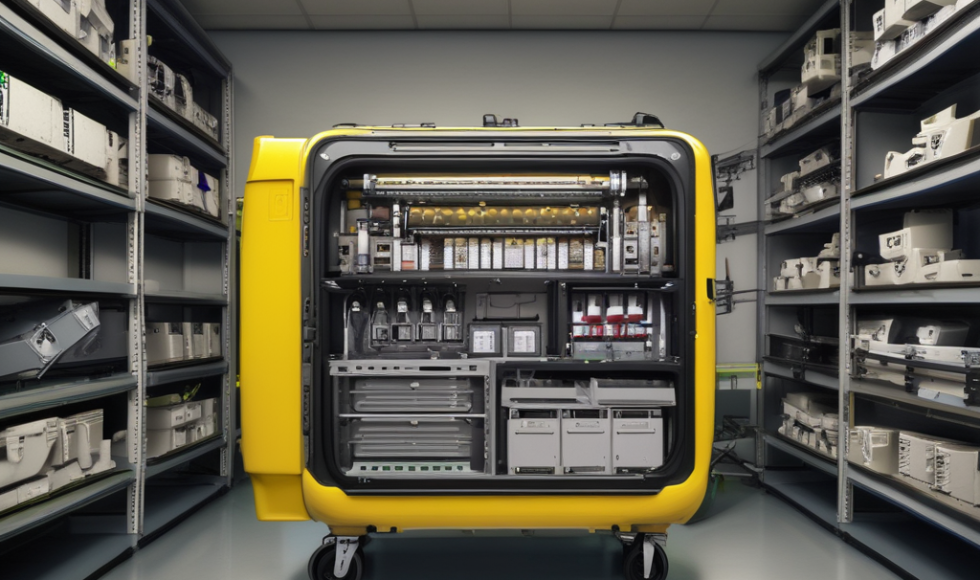Devin Oglesbee from the Mayo Clinic spoke about “Nanopore sequencing medically relevant ‘dark’ genomic regions” at London Calling 2024. The Mayo Clinic has several locations and is interested in learning about dark/camouflaged genomic regions that are “not being met in the clinical laboratory.” Oglesbee spoke about the difference between “dark by depth” and “dark by […]
It was great to see Lauren Lui from the Lawrence Berkley National Laboratory present at London Calling 2024 on “An unprecedented metagenomic landscape of European and North American coastal samples.” Lui is a research scientist and, while at Miten Jain’s lab at Northeastern University, loaded 34 PromethION flow cells, generating 5 Tbases of data! Lui […]
The last London Calling 2024 studio interview recording was on equity and accessibility in science. Zoe McDougall asked speakers after the day what were the highlights. Ewan Birney from EMBL-EBI was excited about the impact sequencing is having in the clinic. Jasdeep Ghataora from the University of Bristol in the UK also spoke about the […]
What a weekend! I am back from the NSF ENCOUR conference. I continued watching studio interviews from London Calling 2024. Tonight, the session I watched focused on pathogen surveillance and community and collaboration. Amanda Warr from The Roslin Institute spoke about learning to use Oxford Nanopore Technologies (ONT) with metagenomic samples and troubleshooting in the […]
Tonight, I started watching sessions from London Calling 2024! Rea Kobialka from the Institute of Animal Hygiene and Veterinary Public Health in Germany presented a session entitled “Mobile lab for rapid detection of pathogens in wastewater in sub-Saharan Africa.” They emphasized the importance of surveillance. The research team developed a portable suitcase mobile lab. The […]
Karen Miga from the University of California, Santa Cruz, presented at London Calling 2019 on “Telomere-to-telomere assembly of a complete human X chromosome.” Miga is part of the Telomere-to-Telomere Consortium. They spoke about the gaps in the human genome. The challenge of assembling repeat regions may be tackled with ultra-long reads. Using the Josh Quick […]
Nicola Hall from the University of Oxford in the UK presented at London Calling 2019 on “Revealing mRNA alternative splicing complexity in the human brain.” Hall is investigating expression within a single cell in the human brain. They want to better understand how splicing is occurring in the brain. They spoke about using walk-on music […]
Tonight, I watched the London Calling 2019 session by Irina Chelysheva from the University of Hamburg in Germany. The session’s title is “Small, modified, and highly structured: the challenge of tRNA sequencing.” Their lab is interested in sequencing tRNA because it is challenging. The major problems for sequencing, Chelysheva noted, include the short length of […]
Tonight, I watched the London Calling 2019 session “Ultra-long reads and ultra-long duplications: deciphering the mysteries of the Bordetella pertussis genome.” Natalie Ring from the University of Bath in the UK was the presenter. They spoke about whooping cough and how the introduction of vaccination in the 1950s reduced the number of reported cases. In […]
Aaron Brooks from EMBL Germany presented at London Calling 2019 on “Measuring SCRaMbLEd transcription with direct RNA sequencing.” Direct RNA sequencing has interested me since we tried it last summer for bacterial transcriptomics. Brooks asked: “What if you could build a genome from scratch?” and “Where would you place the transcriptional units?” It is now […]










